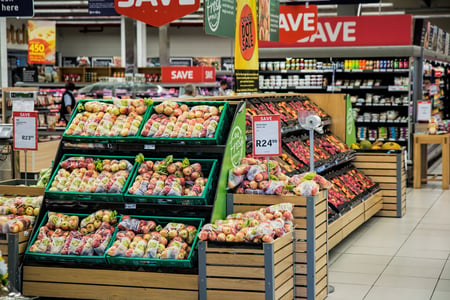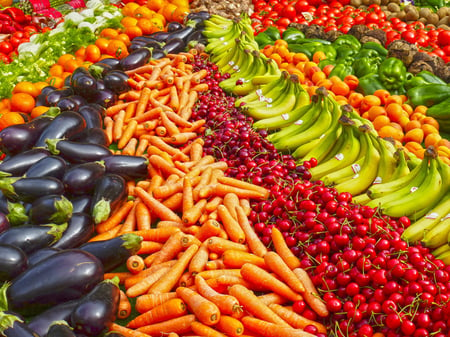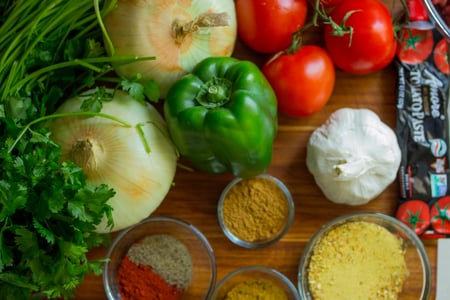

Groceries are an essential cost in every household, and often is one of the biggest expenses each week. There are lots of ways you can cut down the expense of grocery items. We have collated twelve tips you can implement to save on your grocery bill every week.

This is probably one you've heard before, but it is essential. If you shop while hungry, you're a lot more likely to disregard your list and stock up on snacks you don't need.
It always seems like a good idea to try out a selection of intricate recipes that you found online late one night, but it's unlikely that you will follow through. This means you will have spent a lot of money on specialty ingredients that will sit in your cupboard unused.

Generic brands may not be packaged as nicely, but they can be up to half the price of their branded equivalent. They are often even made in the same factory as the branded version.
The humble shopping list is often overlooked, but in order to shop most effectively, jot one down before leaving for the shops. Start a habit of recording products as you use them up so you always know what you're looking for when you get to the shop.
Use ingredients like rice and pasta as a base for your meals. Foods like rice are very versatile and can be used for multiple different dishes. This also means you can cook up a large batch on a Sunday and add it to varied ingredients throughout the week to make different meals.

Buying in bulk is a great way to save money, as it is usually cheaper than purchasing smaller packets. The easiest way to compare prices in the supermarket is to check the price tags for the 'cost per 100g'. This will let you determine the cheapest brand and volume to purchase.
Do some research on the cheapest grocery stores in your area. Usually the smaller stores will be more expensive. You could find yourself saving a large percentage on your bill each week. Another place to look for cheaper produce are your local farmers markets. Shopping at markets can require some extra planning, but it will often save you money, and you will get your hands on fresher ingredients.
Cooking from scratch will usually be a lot cheaper than buying pre-prepared meals and ingredients. Learn how to make a few staple meals that you and your family enjoy.

While buying fruits and vegetables that are in packages or pre-chopped might be convenient, it is significantly more expensive to shop this way.
Stick to your list when shopping, and avoid being sucked into deals along the way. Grocery stores will often have two for one deals, but it is only worth buying if you will use the second. If you think it's going to expire in your fridge, give it a miss.

Buying single servings of food on the go from a vending machine, petrol station, or corner store can add up. Stock up on bulk packets of snack food you can take to work and other outings so you're always prepared.
Keeping regular stock of what you have and what you are throwing away will mean you are buying less of what you don't use. It will also help you avoid buying items that you already have. And, as a bonus, you won't have to deal with those mysterious containers of food that have been sitting around for months!
Beyond Debt is a trading name of DCS Group Aust Pty Ltd. Australian Credit License: 382607. RDAA Number: 1126. PO Box 3074 Newstead, QLD, 4006.
DCS Group operates under a Limited Liability scheme approved under Professional Standards Legislation